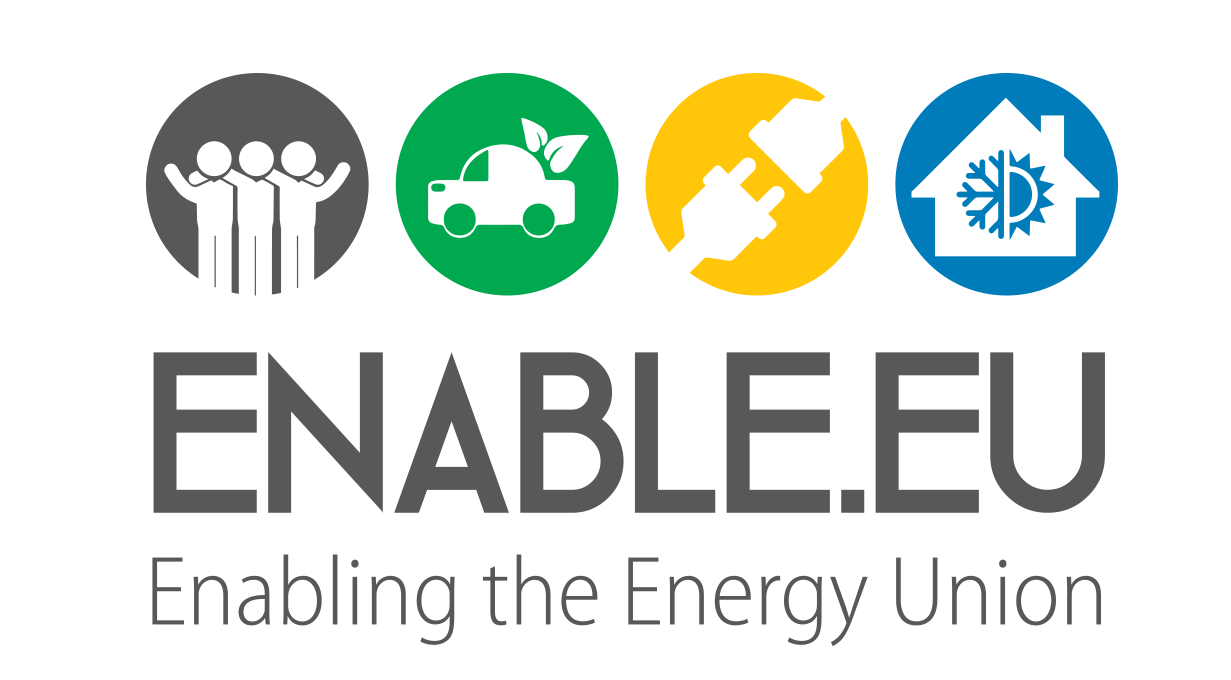 At the recent UN Climate Change Conference (COP23), which took place on November 6-17, 2017 in Bonn, University of Münster (WWU) researchers discussed energy savings in private households at an event held alongside the official negotiations. This side event was organized by WWU and the Center for European Economic Research (ZEW)
At the recent UN Climate Change Conference (COP23), which took place on November 6-17, 2017 in Bonn, University of Münster (WWU) researchers discussed energy savings in private households at an event held alongside the official negotiations. This side event was organized by WWU and the Center for European Economic Research (ZEW)
Some of the central questions that the event sought to address were: How can we raise awareness among private households about saving energy at home? What is the key to running a successful energy saving campaign? And how can the impact of such a campaign on actual energy usage be scientifically assessed?
Professor Andreas Löschel (WWU) and Dr. Martin Kesternich (ZEW) looked at the challenges of impact evaluation studies that aim to assess the causal effects of energy saving campaigns on energy savings, offered insights into current projects like “Step by Step”, PENNY and ENABLE.EU, and emphasized the importance of identifying the different individual motives households might have to conserve energy.
As environmental economists, Löschel and Kesternich were joined by an environmental psychologist from the University of Groningen as well as representatives from the sustainability solutions provider the South Pole Group, the software company Microsoft and the North Rhine-Westphalia Consumer Advice Centre.
The event brought up a number of exciting ideas for decision-makers and consumers with regard to the rapid advances being made in the digitalisation of the energy sector. The varied and exciting new ways to lower energy consumption in housing that were suggested led to some interesting discussions. The joint conclusion was that consumers have as significant a role as regulatory conditions in determining to what extent the technical potential in the energy sector can be realized.
